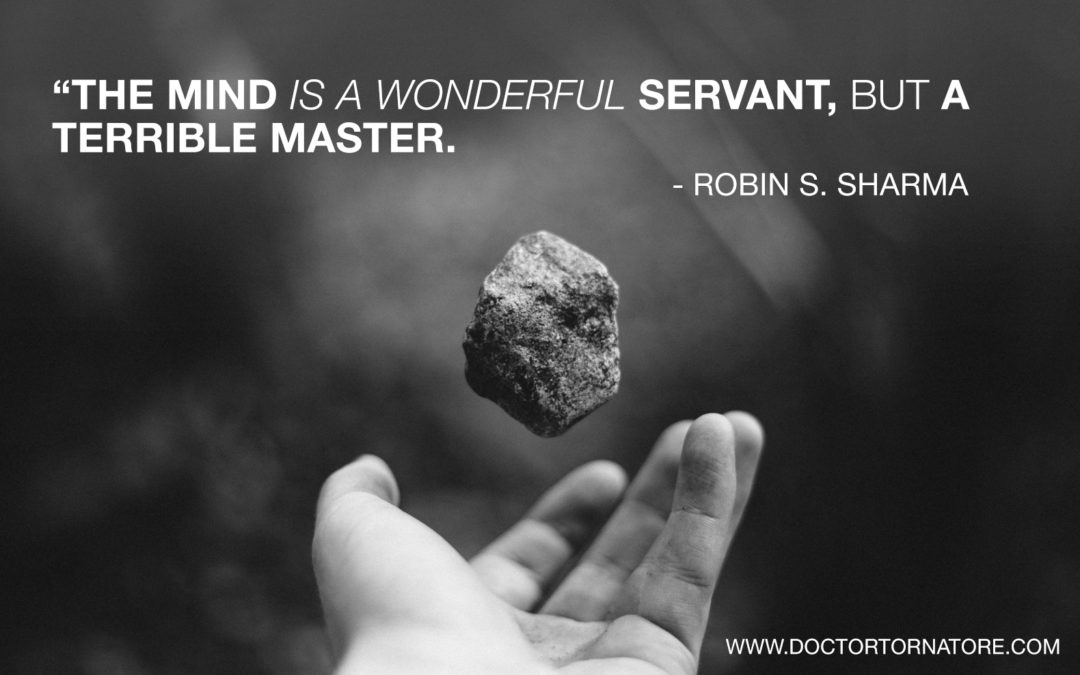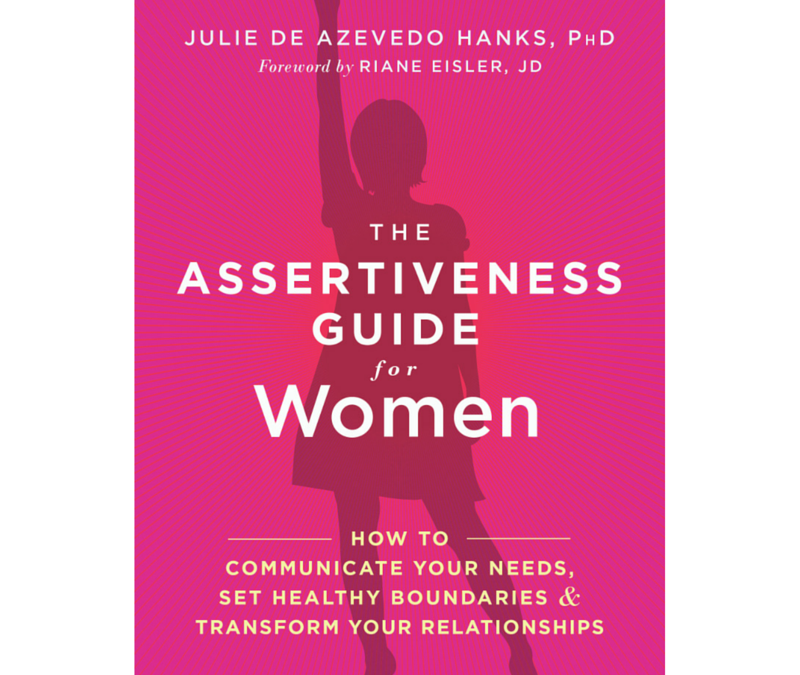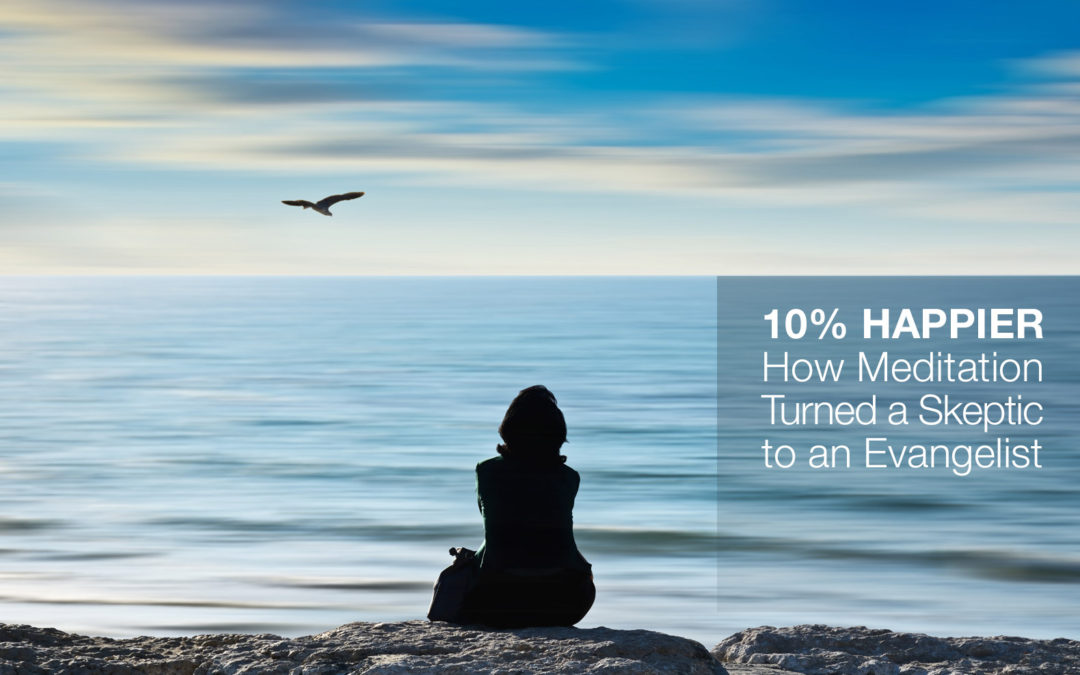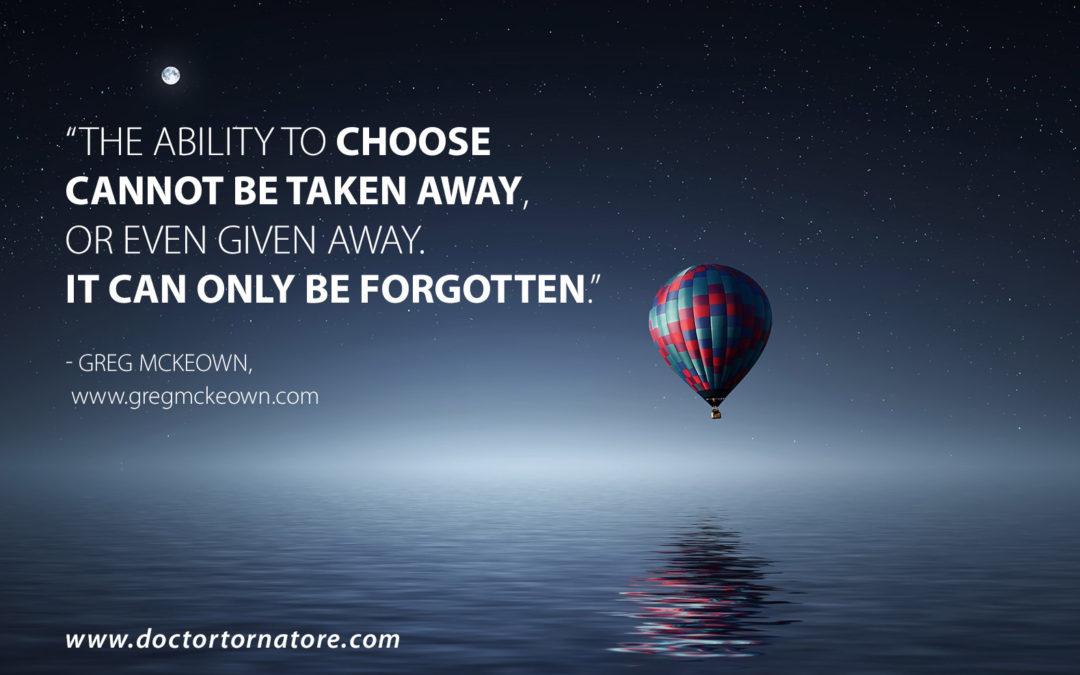
The mind is a wonderful servant
“The mind is a wonderful servant, but a terrible master.”
― Robin S. Sharma

― Robin S. Sharma

My client stated, as he walked out my door, “It will be good.” I responded “You don’t know that.” He countered “You’re right” and we laughed.
I reflected, as I shut my office door, “Therapy is strange.” You see, that was a therapeutic moment…that worked.
The longer I do therapy the simpler, and more fun, it becomes.
I’ve come to realize that therapy isn’t about changing what happens in our lives. It is about shifting how we respond to what happens in our lives.
There is much we can’t control. We can control how we respond to what comes into our life—whether it is poor health, an accident, loss of a job, or a new puppy.
Jill Bolte Taylor mystrokeofinsight.com/ in her book “My Stroke of Insight” talks about our responsibility (response ability). Our ability to choose how we respond is our choice.
In my client’s case, he was taking his wife to get her hair cut. His wife has dementia and she has gotten agitated in the past. He was positive she was going to respond poorly. He didn’t know for sure, but that was the story he was making up in his head. As a result, he was very anxious about something that hadn’t happened yet. His worry wasn’t doing anything except occupying his mind and increasing his stress.
We talked about it. He saw his response wasn’t helping.
As he let go of the worry he realized if she did get agitated he had choices. He could come back another time, or he could let her hair grow. Neither of them would have to deal with the stress of getting it cut.
He said “Even if she does get agitated, it will be fine. I will be fine.” He wasn’t changing his wife’s reaction; he was transforming how he responded.
He wasn’t altering his external life—he was shifting his internal perspective. When we do this, we let go of being a victim to life and step into our own power and freedom.
That is when life gets a whole lot more fun.

Do you want to increase your ability to connect with people? Do you want to be able to experience true intimacy with others? Julie de Azevedo Hanks, PhD www.drjuliehanks.com has written a book to help you to do just that.
In her book, “The Assertiveness Guide for Women: How to Communicate Your Needs, Set Healthy Boundaries & Transform Your Relationships” Dr. Hanks gives us information and tools to know ourselves better and be more available to know others. I’ve already started recommending it to my clients.
Dr. Hanks, in a straight-forward, engaging way, demonstrates how saying “no” keeps us from being overwhelmed and overcommitted. She even gives a list of helpful examples of how to say no. Who couldn’t benefit from that? As important, she shows us that saying no actually makes us more available to ourselves and others.
The one con is this—Dr. Hanks’ examples and writing are so accessible, readers might not realize how much helpful information is packed in this 200 page book. I recommend reading “The Assertiveness Guide” a couple of times so you get all you can out of it.

In all fairness, I doubt that Dan Harris, a news anchor and correspondent for ABC would call himself an evangelist. However, since he has written a wonderful book extolling the benefits of meditation (and I like to overstate things for effect) I am sticking with the word.
If you have an interest in meditation, calming your mind, not letting your ego run the show all the time, and/or genuinely being a kinder person—read this book.
Even if you have no interest in mediation and just like reading an stimulating, well-written book, read 10% Happier: How I Tamed The Voice In My Head, Reduced Stress Without Losing My Edge, And Found Self-Help That Actually Works—A True Story.
I have been meditating for over 20 years, so I admit a bias. I have seen the benefits in my own life from early on. In the first year or so, I was lurching my way toward a daily practice (read meditating for a week, then stopping for a week or month or two.) One day, as I was sniping about something minor, my boyfriend said “You haven’t been meditating lately have you?” I won’t bother you with my response.
His comment surprised me. I knew I felt better even if I sat for 10 minutes. I had no clue others could see the difference. My life was no less stressful. I just didn’t react as much.
That is the brilliance of meditation.
In many ways, we can’t control what is going on in or world. (The stock market comes to mind.) We can control how we respond.
This is where our power is.
We have a habit of looking outside ourselves for happiness and struggling with all the things wrong in the world—all the things that get in our way of happiness. It is a paradox that by creating greater calm inside, we actually find we have greater influence outside ourselves, with less struggle and stress.
As Dan writes in his book’s epilogue “Paradoxically, looking inward has made me a much more outward facing and much nicer colleague, friend and husband.”
Who doesn’t want that?
If you are interested in the meditation that Dan does, you can go to his website for a free 7 day introduction to meditation.

– Greg McKeown.